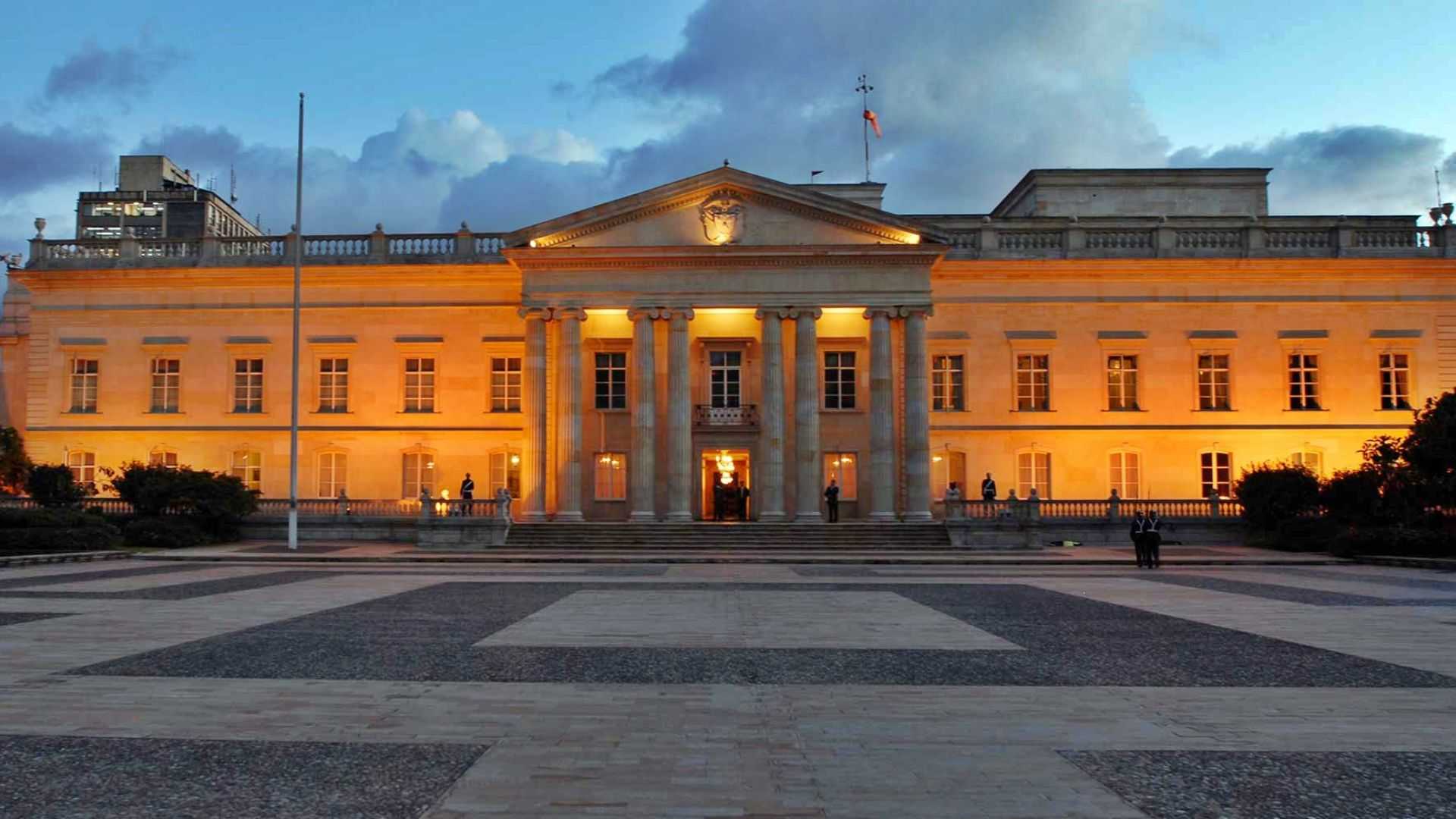News
Colombian Commission Seeks Media Policies, Sparks Controversy Over Free Press

Bogotá, Colombia – The Comisión de Regulación de Comunicaciones (CRC), Colombia’s communication regulatory agency, has stirred controversy by requesting media outlets to disclose their editorial policies and methods for ensuring impartiality and accuracy.
In a letter classified as ‘reserved information,’ the CRC called for details concerning internal practices aimed at ensuring that media content adheres simultaneously to standards of impartiality, objectivity, and truthfulness. Key media outlets, including W Radio, received this request.
The commission inquired about measures to prevent biases or favoritism towards individuals, sectors, or political parties during news coverage. It also requested information on procedures for separating facts from opinions and including diverse sources to provide balanced analysis.
Furthermore, the CRC demanded documentation regarding mechanisms for verifying, cross-checking facts, and quality control of information before it is broadcast. This includes training activities for personnel and any preventive actions that enhance compliance.
The commission’s letter specified that media outlets must provide manuals or guides that guide the production and broadcast of news content. It requested a description of how media selects news coverage, including the criteria for evaluating topics, sources, and angles. They also required documentation from meetings, committees, or editorial boards that contribute to these decisions.
Finally, the CRC demanded information about measures in place to distinguish between information, opinion, and advertising. The deadline for compliance with this request is set at 10 business days.
The letter referenced laws that necessitate the separation of information and advertising to uphold the constitutional right to receive truthful and impartial information. The CRC warned that failure to comply may result in administrative measures.
In the face of this controversy, President Gustavo Petro responded, suggesting the request stemmed from a recent Constitutional Court ruling, which upheld the fundamental right to information for citizens and ordered a limitation on presidential broadcasts, citing misuse of this power and the necessity to uphold informative pluralism.
“The letter is directed to act in accordance with a ruling from the Constitutional Court. This does not just censor me, but the entire press that uses the broadcasting spectrum,” Petro asserted on social media.
The ruling determined that citizens’ ability to freely choose their media was hindered by excessive state broadcasts, concluding that the Presidency misused the prerogative of televised addresses due to lack of justification for themes and excessive frequency.
The request from the CRC has incited panic regarding press freedom in Colombia, with former President Álvaro Uribe criticizing the initiative. He shared an editorial from El Colombiano, which questioned the government’s potential interference in media operations.
Uribe commented, “In a democratic freedom, one can disagree with the journalist and the media; arguing with them is acceptable, but never censoring.” His comments prompted a strong rebuke from Petro regarding allegations of censorship.
As tensions rise, the implications of the CRC’s request for media accountability remain a point of heated discussion within Colombia’s political landscape.












